The Oregon Cultural Heritage Commission has collected a series of oral history interviews with individuals who lived in farm labor camps, as well as with friends and family members of those in the camps. We have included a selection of these oral histories. We are continuing to collect interviews, so if you have suggestions please contact us at uprootedexhibit@gmail.com.
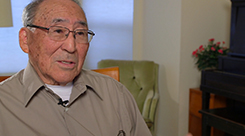
“My dad learned that there was farm work available outside of the assembly center. So when we found that out that, it was our break. We would leave camp.”
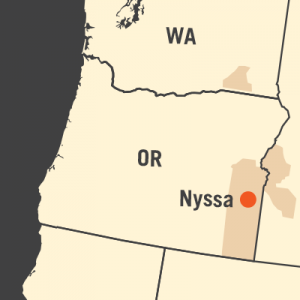

“In May, when the thinning and blocking of sugar beets took place, we left and went to Twin Falls farm labor camp.”
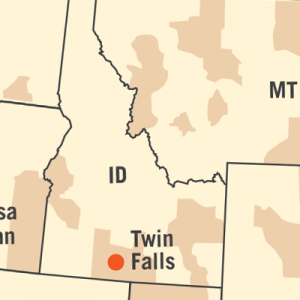
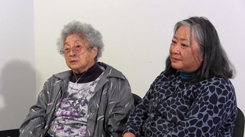
“We took a butcher knife and we pulled the sugar beet out, cut the stems off of them, and threw them in a truck.”
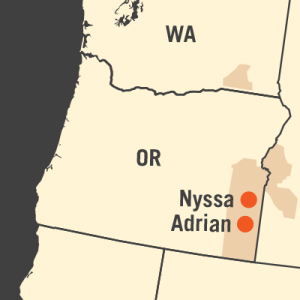

“It was very hard work because we had to be bent all the way from one field to the end of the field, working with our short handled hoe.”

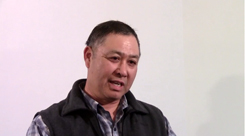
“In late May 1942, he was in the Portland Assembly Center and they asked for volunteers. This is what he told me. There were eight of them in the first group.”


“I was able to go out with my mother and father to thin sugar beets. I thought it was pretty good. I got paid twenty-five cents an hour.”


“As the head of a work crew, he’d go to Nyssa and pick up people. Most of them were in these camps.”

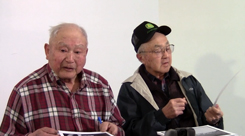
“They were getting behind on blocking the sugar beets. The sugar company got an okay that we could come over here, but we had to be under strict restrictions.”


“Some of the ladies didn’t know their own strength. They would take the beet and instead of throwing into the truck, they’d throw it over.”


“I remember him telling me about was the barbwire fence and the soldiers that were guarding it and tower with the guns. He remembered the guns.”
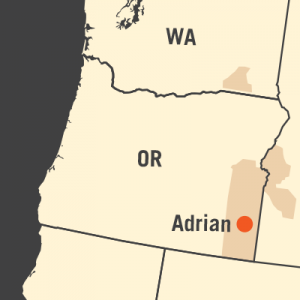

“Sugar beet harvesting is hard work. And you more or less got paid not by the hour but by piecework.”


“It’s almost unbelievable how we survived under those conditions, in either one of the camps. Our parents really had to endure a lot of hardships.”


“We were going out there to thin the beets. Nobody thinned them because they didn’t have any laborers. I thought they were spinach, but they were beets, overgrown.”
